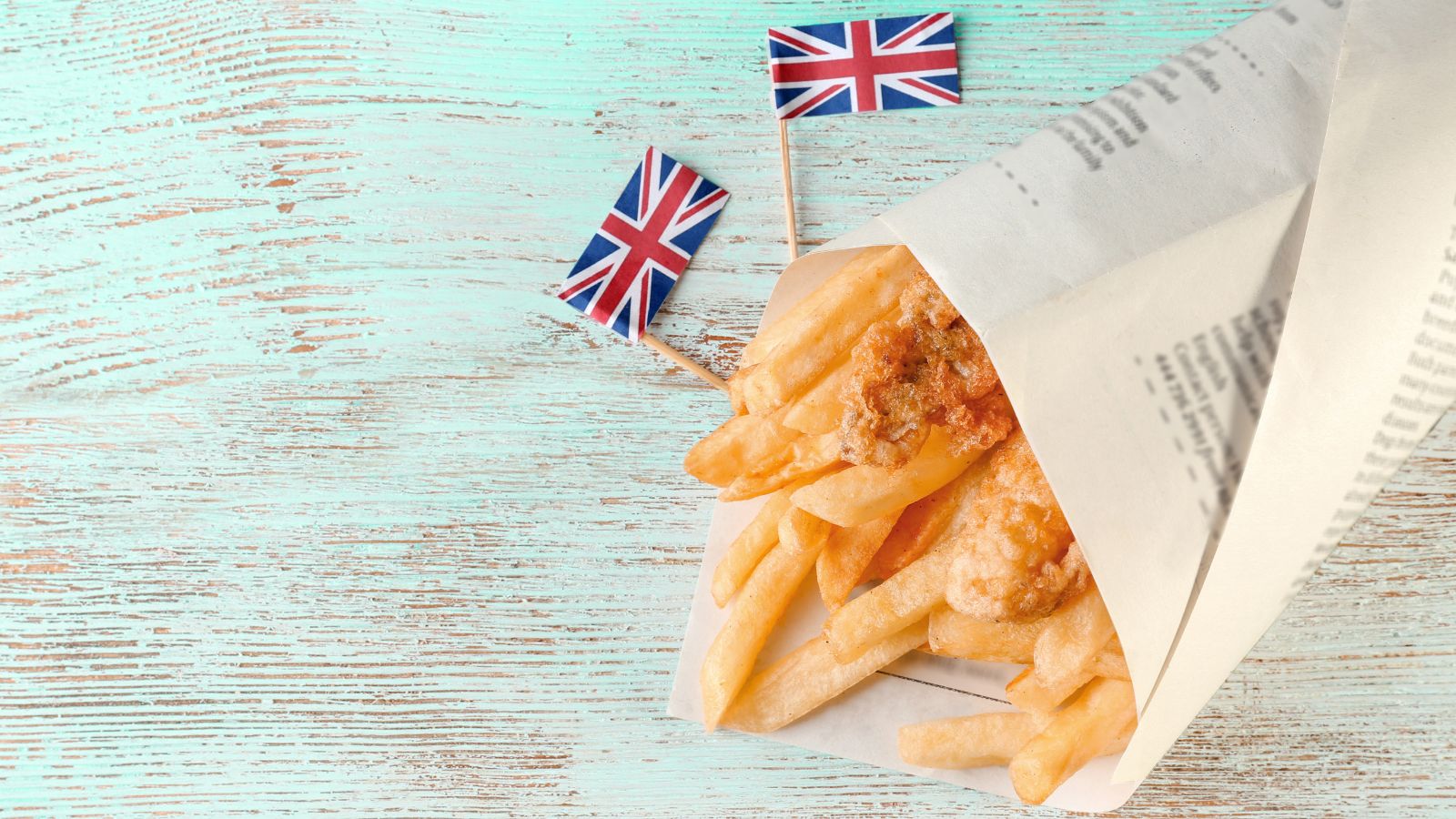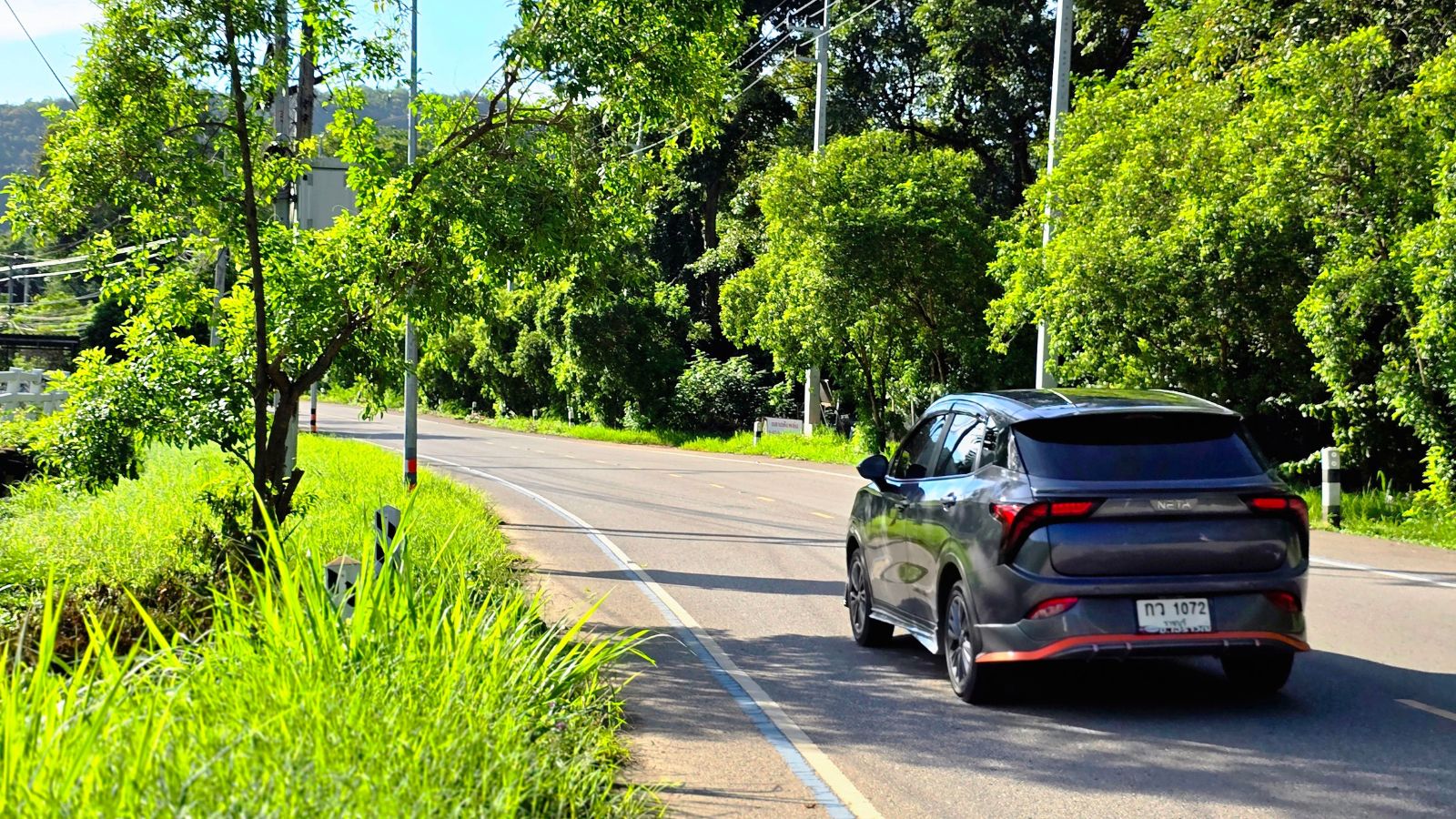When Americans think of British culture, they often picture tea, royalty, and bad weather—and although we aren’t going to deny that that’s the case, the reality of life in the UK is far more complex. To help untangle the confusion, here’s a closer look at what Americans frequently get wrong about British customs.
Tea Isn’t Just a Drink—It’s a Way of Life

When Americans think of British tea, they might picture dainty cups, biscuits, and afternoon gatherings, but tea is so much more than that in the UK. It’s a cornerstone of daily life, in every situation, whether it’s the classic builder’s brew during a work break or the fancy afternoon tea at a posh hotel—tea will always have layers of meaning.
The British Sense of Humour Is Dry, Not Rude

UK humour can feel like a puzzle to those from the USA who are used to overt punchlines and big laughs, because here, the humour is more about the delivery, the tone, and the subtlety. It thrives on wit, irony, and a touch of self-deprecation.
Not Everyone Loves the Royal Family

It’s easy to assume that all Brits are royal enthusiasts, especially given the global attention on events like royal weddings or coronations, but the truth is, opinions about the monarchy are as varied as the people themselves. Some adore the royals for the history, tradition, and sense of national identity they bring, while others see them as outdated.
Small Talk Is a Social Obligation

If you’re visiting the United Kingdom, don’t be surprised if a local strikes up a conversation about the weather or how slow the bus was today. Small talk is almost a national sport here, and it’s not even about particularly getting to know someone, it’s just about filling the silence.
Pub Culture Isn’t About Getting Drunk

The British pub is often romanticized as a cosy place with wooden beams and roaring fires, but it’s also a hub of community life, and while drinks are a big part of the experience, pubs are much more than a place to down a few pints. They’re where people catch up with friends, enjoy a relaxed meal, or even take part in a pub quiz, which is why families often go to pubs, too.
Queuing Is a Sacred Art

Have you been wondering why people across the pond love to queue so much? Well, it’s a way of maintaining order and fairness, and it’s taken very seriously, meaning the idea of cutting in line is almost unthinkable. There’s an unspoken agreement to follow the rules, even if the line is barely moving, so that you can respect everyone else.
The Weather Obsession Is About More Than Weather

You might think Brits are obsessed with talking about the weather—and you’d be right—but this fascination goes beyond actual meteorology. The weather is a conversational lifeline, and you also have to remember that it’s a reflection of life in a country where the weather can change dramatically in a single day.
“Sorry” Doesn’t Always Mean an Apology

Local people in Great Britain are famously apologetic, but the word “sorry” doesn’t always mean they’re taking the blame; sometimes, it’s just a way to acknowledge an awkward moment or to keep things polite. If someone bumps into you on the street, a Brit might say “sorry” instinctively, even if it wasn’t their fault.
The Food Isn’t as Bad as Its Reputation

Often dismissed as bland or unimaginative, those stereotypes about food in this country couldn’t be further from the truth, thanks to classic dishes like fish and chips, pies, and Sunday roasts, which are hearty and flavorful. Plus, Britain’s multicultural population has brought a world of flavors to its dining scene, like with Indian curries and Middle Eastern kebabs.
Driving on the Left Isn’t That Complicated

For Americans, the idea of driving on the left-hand side of the road can seem daunting, even disorienting, but for Brits, it’s just the way things are. The road signs, roundabouts, and driving etiquette all work seamlessly together, making it much easier than visitors might expect, not to mention rental cars are designed to help newcomers adapt.
British Accents Are Wildly Varied

The idea of a singular “British accent” is a bit of a myth, in the same way it would be if someone spoke about just one “American accent”. This country is home to an incredible range of accents, each tied to specific regions and cities, like the lilt of a Welsh accent or the rapid-fire pace of a Scouse one.
Football Isn’t Soccer—It’s a Passion

Fans of football are fiercely loyal to their teams, and match days can feel like a city-wide holiday, with this passion going far beyond the Premier League; even small, local clubs enjoy dedicated followings. It’s about the camaraderie and traditions as much as it’s about the actual game on the pitch, and the sense of belonging that comes with supporting a team.
Tipping Works Differently

We know that people from the U.S. are used to tipping generously, but in the UK, the rules are quite different because tipping isn’t expected in pubs, and many restaurants include a service charge in the bill. When tipping does happen, it’s usually a smaller gesture, like rounding up the bill or leaving 10-12%, while over-tipping can actually make some Brits feel awkward.
Politeness Is More Than Manners

Politeness in this part of the world goes far beyond saying “please” and “thank you,” because the main focus is about avoiding confrontation at all costs. Brits often downplay their opinions or use vague language to avoid seeming too direct, which can come across as reserved or even cold sometimes.
Bank Holidays Aren’t About Banks

We understand the confusion, but the term “bank holiday” isn’t actually anything to do with financial institutions. In reality, it’s just the British way of saying a public holiday, with these extra days off cherished as opportunities to relax, spend time with loved ones, or enjoy community events—or work off a hangover.
Christmas Is a Month-Long Celebration

One last thing you should avoid misunderstanding is that in Great Britain, Christmas isn’t confined to just the 25th December, because the festive season kicks off in earnest as soon as November ends. This means Christmas lights, markets, and parties filling the weeks leading up to the big day, with as much celebration crammed into the month as possible.

